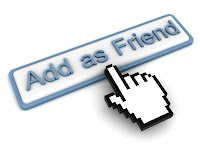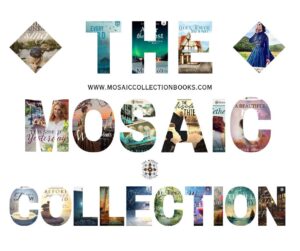Out of words we forge our stories. The right word can make the difference between a mediocre phrase and a memorable one. We writers search diligently for the perfect phraseology.
As the world marches on into the digital information age, words don’t always hold the same meaning they did when I was younger. Finding the exact word takes attention to our culture.
When I was growing up, friend meant someone you hung out with, did life with, shared your hopes and dreams with.
If you liked someone, it meant you had a crush on them.
Today, a friend is someone whom you may or may not know that you have allowed to follow your life on FB.
If you like a post, it may mean that you saw it (I always feel odd liking a post when it brings rather bad news), you think it’s funny (although you would blush if your mother knew), or that you agree with something (even if you don’t like the person posting). If you like a fan page, it means you want to be kept up to date on what that person is up to. Even if you don’t actually like the person.
I see these virtual definitions follow us out of the digital world and into real life. Friend gets watered down to mean anyone we’ve talked to for 5 minutes.
Like is often relegated to a simple response of acknowledgement.
Change happens. Words evolve with culture. But do we lose the power of some words because of their digital meaning?
What do you think? What words have you come across that don’t carry the same weight today that they used to? Or carry more weight than they used to?
photo credit: www.freedigitalphotos.net // Stuart Miles

